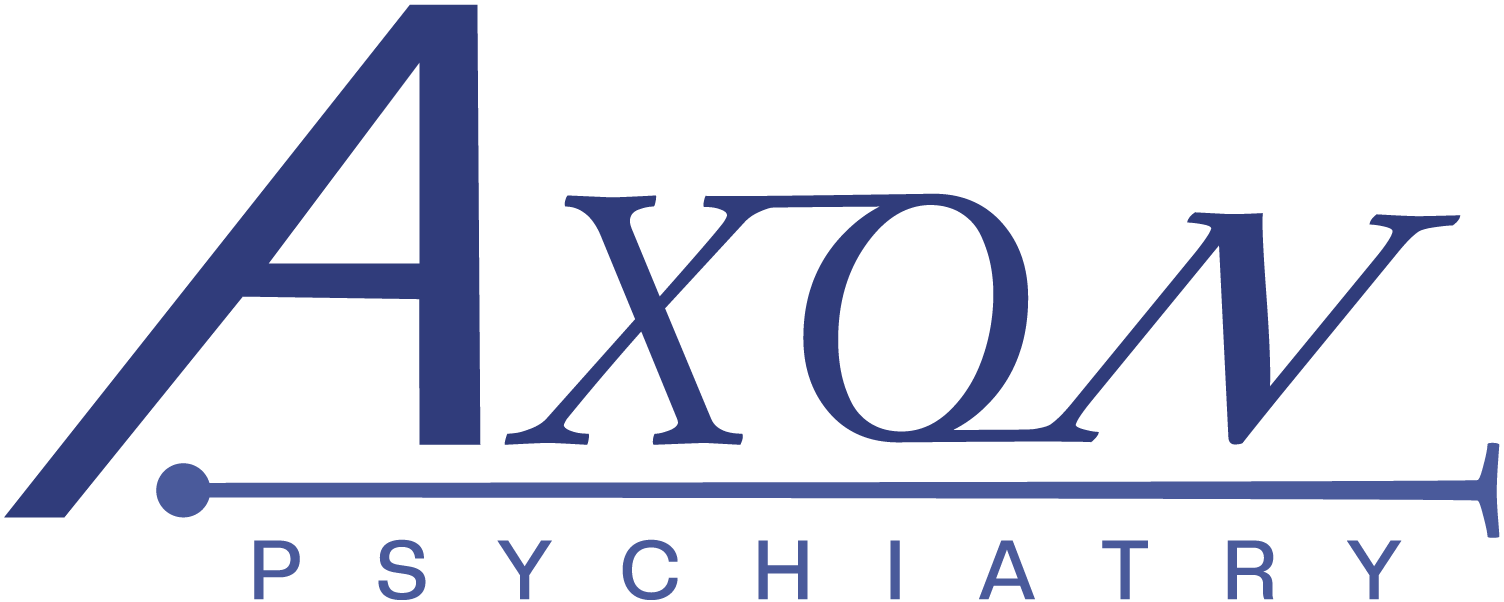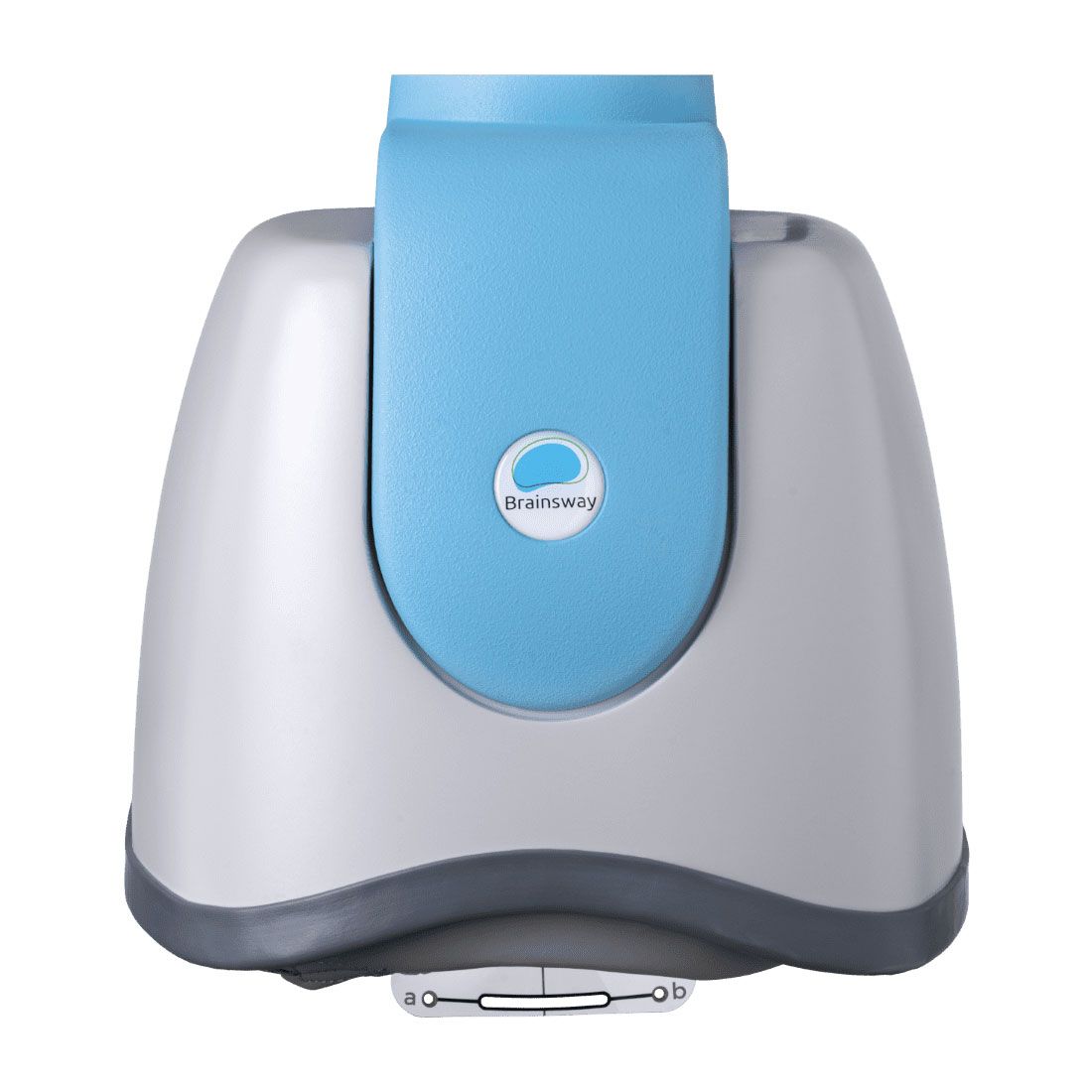What is Transcranial Magnetic Stimulation?
Transcranial Magnetic Stimulation, or TMS, is a non-invasive procedure that uses magnetic fields to stimulate specific areas of the brain. TMS involves placing a magnetic coil against the scalp, which generates brief magnetic pulses. These pulses can induce electrical currents in the targeted brain regions alleviated symptoms from various brain conditions. TMS can be thought of as exercise, designed to strengthen or enhance specific brain circuitry.
Is TMS safe?
TMS is very safe, with few significant side effects. The most common side effects are mild and include scalp discomfort or pain at the treatment site. Headaches after treatment can also occur. Most side effects can easily be managed with OTC medications such as Tylenol or Ibuprofen. TMS is typically administered in a series of sessions over several weeks, and the exact treatment protocol may vary depending on the condition being treated and individual factors.
What does TMS treat?
TMS is currently FDA approved for the treatment of 1) Treatment Resistant Depression, 2) Treatment Resistant OCD, and 3) Smoking cessation. There are many “off label” uses for TMS as well. “Off Label” refers to using a medication or medical device in a manner that is not specifically designated by the Food and Drug Administration (FDA) of the United States. “Off label” uses of TMS include treating anxiety, PTSD, neuropathic pain, post stroke recovery, ADHD, and sports performance enhancement.
How does TMS differ from medications?
Transcranial Magnetic Stimulation (TMS) and medications differ in several ways:
- Mechanism of action: TMS and medications have different mechanisms of action. Medications work by influencing the chemical balance in the brain, typically by affecting neurotransmitters. They can increase or decrease the levels of specific chemicals to achieve their therapeutic effects. On the other hand, TMS uses magnetic fields to generate electrical currents in targeted brain regions. These electrical currents can modulate neural activity and potentially normalize brain function.
- Site of action: Medications act systemically, meaning they are introduced into the bloodstream and affect the entire body, including the brain. They can reach various brain regions and other organs throughout the body. In contrast, TMS is a localized treatment that targets specific areas of the brain. The magnetic pulses are focused on particular regions believed to be involved in the disorder being treated.
- Treatment delivery: Medications are typically taken orally or through other routes such as injections or infusions. They require regular dosing according to a prescribed regimen. TMS, on the other hand, is a non-invasive procedure that involves placing a magnetic coil on the scalp. It is typically administered in multiple treatment sessions over a period of weeks. The benefits of TMS persist even after treatments have completed.
- Side effects: Medications can have a range of side effects, which can vary depending on the specific medication and individual factors. Common side effects include nausea, drowsiness, weight gain, and sexual dysfunction, among others. TMS is generally considered safe, with few significant side effects. The most common side effects of TMS are typically mild and transient, such as scalp discomfort or pain at the treatment site.
- Treatment response: Medications can take time to show their therapeutic effects, and individual responses can vary. It may require weeks or even months of medication use to determine if a particular treatment is effective for a specific individual. TMS, on the other hand, has been shown to have relatively rapid effects in some cases. Some individuals may experience improvement in their symptoms after a few weeks of TMS treatment.
It’s important to note that TMS and medications are not mutually exclusive options. In some cases, they may be used together as part of a comprehensive treatment approach. The choice between TMS and medications, or a combination thereof, depends on the specific condition being treated, individual factors, treatment history, and the recommendations of healthcare professionals.
Is TMS appropriate for me?
If you have suffered from depression, OCD, and/or nicotine dependence, despite treatment with 2 or more medication and psychotherapy, then TMS may be appropriate for you. There are very few contraindications for TMS and mostly involve having metal implanted in your head, near the site of treatment (such as aneurism coils, surgical clips, or metal plates). If you feel that you might be interested in TMS, contact us today and we can help you decide if TMS is right for you.

